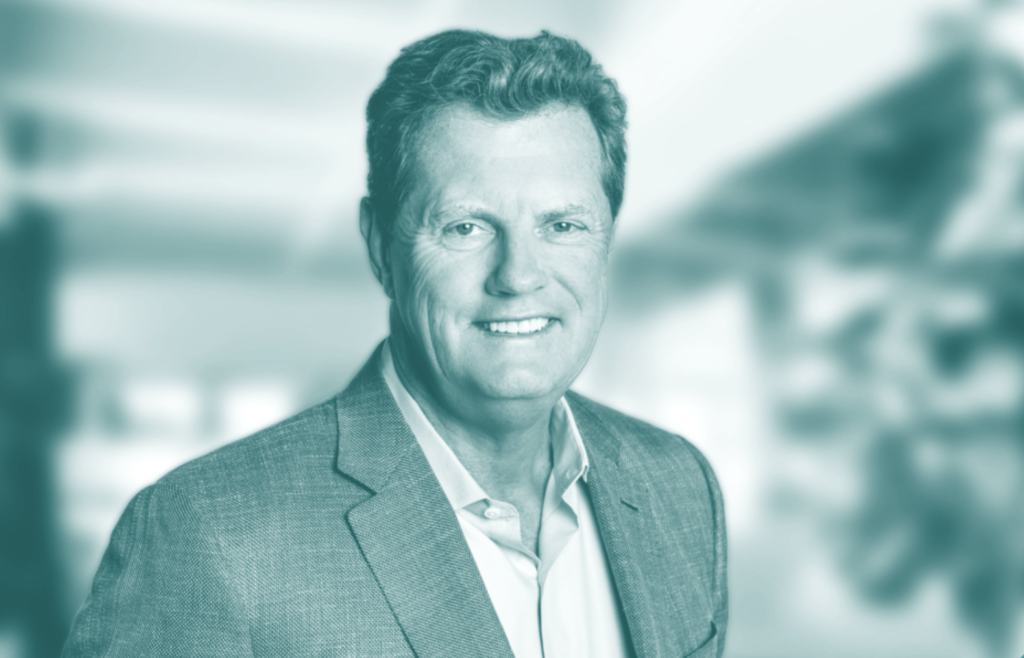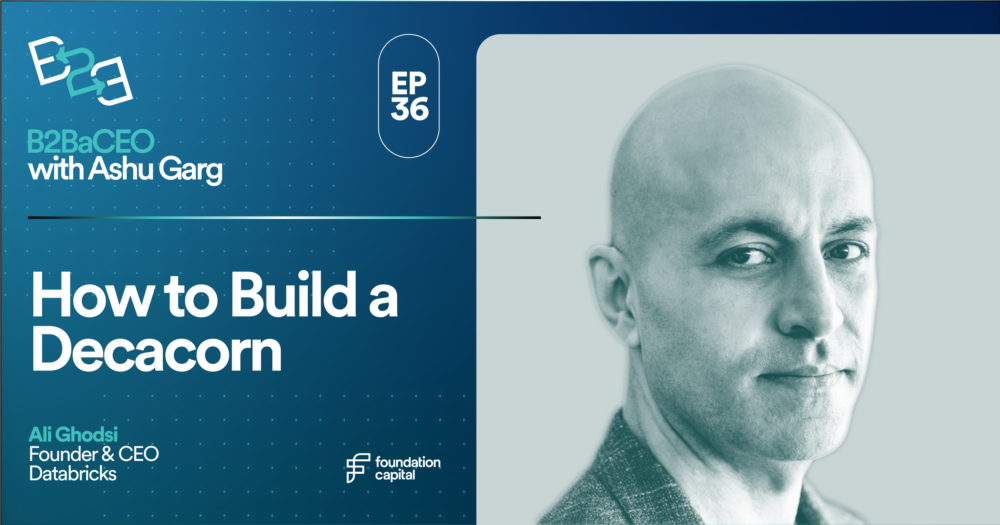Episode 35
How to Amp It Up
With Frank Slootman, Chairman & CEO at Snowflake
By Ashu Garg
01.19.2022

This episode’s guest is the one and only Frank Slootman. Frank is the chairman and CEO of Snowflake Computing, which he took public in a blockbuster IPO in 2020. Frank is also the author of the new book Amp It Up.
Most leadership books written by high-profile CEOs are collections of feel-good abstractions and inspirational quotes. But Amp It Up digs into the nuts and bolts, the blood and guts, of what it takes to build a great company. It reads like it written by, and written for, someone who’s fought in the enterprise arena.
On this episode of the podcast, Ashu grills Frank about the lessons learned in the book and beyond: from building a high-performance culture, to hiring and firing, to trends in the enterprise that drive Frank nuts. True to form, the always unfiltered Mr. Slootman doesn’t hold back. This is a fun one!
I. The Recap
- Why “Amp It Up?” — Back in 2018, Frank penned an article about how large organizations, generally speaking, have a huge amount of slack. In Frank’s opinion, leaders are obligated to raise the standards and intensity of work within their organization and transform this slack into a high-performing culture.
- Execution before strategy — Strategy is incredibly important while running a company, but from Frank’s experience, leaders who over-index on strategy without that same momentum behind execution will have a hard time getting to the root of their company’s problems. Once you master execution, your strategic problems will begin to reveal themselves and you can get to work on fixing them.
- A common mistake made by early-stage founders — A lack of intellectual honesty about what you’re building and the problems you’re facing can be very detrimental to an early-stage company. If you’re struggling with product-market fit, you should take a harder look at the product, not those selling it. Most founders assume that a bad salesperson is to blame if sales are not where they’d like them to be, when the problem really lies with the product itself.
- Drivers vs. passengers — All organizations have asymmetry when it comes to their workforce. Frank describes “drivers” within an organization as those who make a significant impact and move the company forward in a way that the “passengers” do not. While all organizations have both, the drivers are those critical to the company’s success and will aid in scaling. As a leader, your job is to empower this ambitious group and cultivate their talents.
- Getting the wrong people off the bus — Early in Frank’s career, he moved slowly when it came to firing employees who were wrong for their roles. But as he evolved as a leader, he came to realize that delaying served no one’s best interests, including the employee’s, and subpar performers are deadly to an organization. it’s better to have no one in a role than someone who is underperforming.
At Snowflake, they use “calibration sessions” to analyze their teams. In these sessions, leaders are required to present to a group of their peers on the performance of their teams. This peer group then provides their feedback on those same teams to determine where there is alignment and misalignment among the leadership. Frank believes this is an excellent practice for identifying those you want “off the bus.” - Customer success is a fad — By Frank’s telling, the entire organization should consider itself customer success. If the teams within your company are communicating and working effectively, your customers will be taken care of. For this reason, Frank redistributed the customer success team at Snowflake and did away with this section of the business altogether.
- Leadership at varying stages — Frank is a three-time CEO. His experience ranges from an early-stage startup CEO to his most recent gig as CEO of Snowflake. In this last section, he shares the highs and the lows of each experience. As a startup CEO at Data Domain, Frank recalls living in constant fear of failure. However, he still looks back fondly on those formative years. As he puts it, the company is “embryonic” at that stage, allowing you to mold the culture into what you want it to be.
At ServiceNow, Frank joined when the company was in bad shape operationally. Frank shares that he had high anxiety for the first two years in his role. Eventually, he whipped things into shape. He looks back on that experience as a very rewarding one now.
Published on 01.19.2022
Written by Ashu Garg
